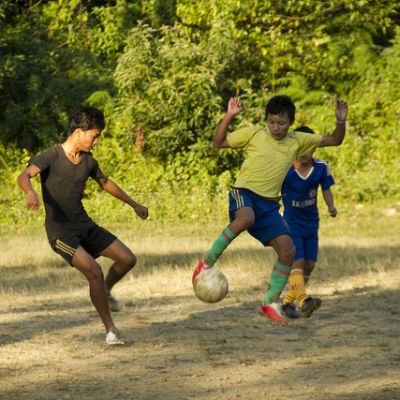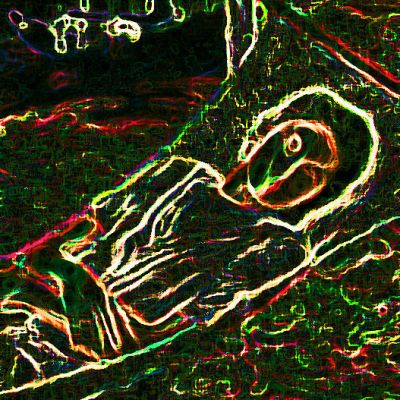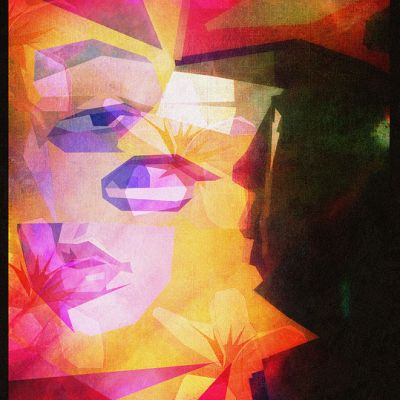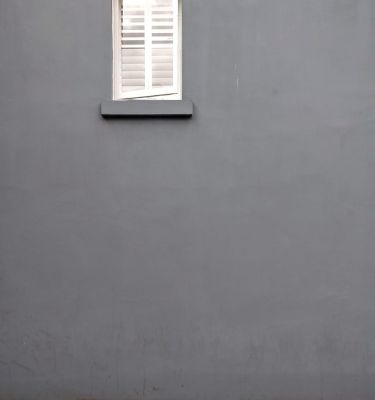homophobia
The Meitei queer’s tussle with sexuality continues to be a struggle jarred with discrimination, negation and moral policing through language.
Being an adolescent is never easy. It is the beginning of one’s life journey to answering the ultimate existential question:…
‘Pakistan is a homophobic place,’ Karim continues. ‘As in any other conservative society, queers can have all the sex and…
I am not like other girls”, “I don’t like hanging out with girls that much”, “She is being very irrational today, I think it’s that time of the month”, are some common statements that you may have heard or even made yourself.
The Supreme Court’s verdict on Section 377 will not make a difference to my life with my “roommate” but will…
Of course, one needs to acknowledge that this word did not magically turn up in the vocabularies of the ‘good girls from good families’ that came to a convent school to learn ‘good things’ everyday. The extensively gendered environment which promised to manufacture highly-marriageable ‘young ladies’, aided by the insistence of middle-aged spiteful teachers to absolutely destroy any kind of existence that does not constantly bow it’s pretty, two-plaited head to the heteronormative male gaze, created a suffocatingly toxic atmosphere.
In Nacher Chhele, a 38 year old Avijit stands outside himself, takes a long look at his past, and writes an intense testimonio, which would resonate with many middle class Bengali queer men who grew up in the pre-global, pre-Internet city of Calcutta in the 80s and 90s.
As I reflect on what I had actively buried and tried to constantly forget, I realise how crucial language was in defining how I viewed myself.
Using silent actions and secret fulfillment of what society considers as sin and the law condemns as illegal, the text offers an example of the silence of resistance.
It is the winter of 2013, and my father and I are sitting at an awkward distance from each other on the living room couch, our eyes trained on the television set as a popular prime time news debate discusses a subject we have never before talked to each other about – homosexuality. It is only a few days since Section 377 has been reinstated by the Supreme Court, and the television and print media bombards us with discussion after discussion on ‘alternate’ sexualities and LGBTQ rights.
I knew that I was gay since time knows when. The society made me know. Be it my friend’s snarky…
Despite the existence of various pockets in which a Northeastern queer could possibly reclaim and celebrate their racial identity, our sexual orientation conjures an awkward indifference and discomfort within our kin.
If sharing was a proverbial coin at the rehabilitation facility, connections were one side of it, and sexuality was the other. Men and women were not allowed to touch one another – no handshakes or hugs or an eager slap on the back.
I WAS 26 YEARS OLD in 1988, living in Delhi, where I had recently moved after several years as a…














